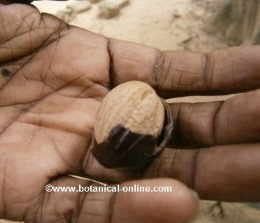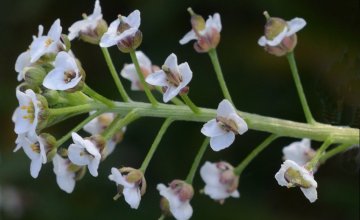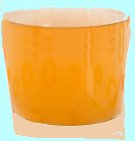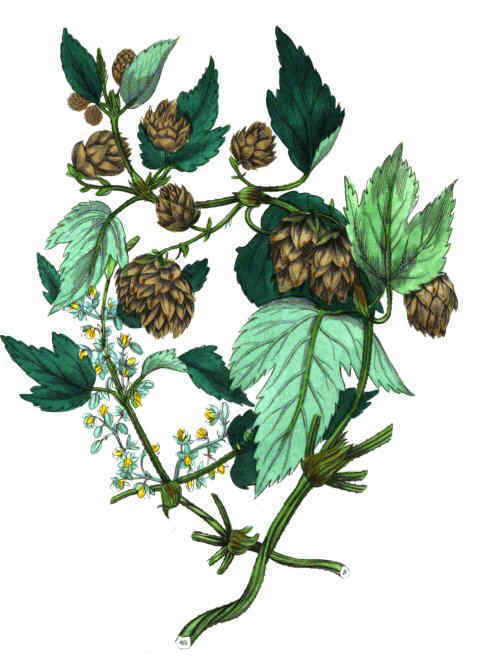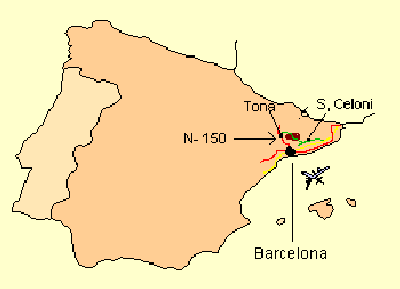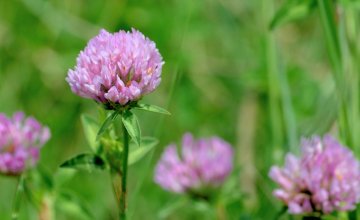Contents
NATURAL REMEDIES FOR AEROPHAGIA
Phytotherapy: Herbal remedies for aerophagia
The primary role of phytotherapy in the treatment of flatulence is to use those plants with the following purposes:
- Carminative plants to facilitate the expulsion of gases and avoid aerophagia.
- Anti inflammatory plants, able to reduce bowel inflammation that accompanies many gastrointestinal diseases.
- Digestive plants, which will help digest food better.
- Antiseptic plants. which will prevent intestinal putrefaction responsible for the production of gases.
- Sedative and antispasmodic plants, which will promote stress reduction by reducing air swallowing or involuntary spasms caused by a swollen belly.
Carminative plants
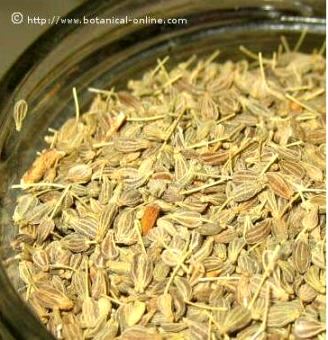
- Fennel (Foeniculum vulgare) It is one of the best carminatives. It helps digestion, contributing to expel gases and whetting you appetite (Infusion of 5 gr.of fruits per cup of water. Drink 2 cups a day) (In case of loss of appetite or anorexia have a cup of infusion half and hour before meals)
- Anise (Pimpinella anisum) It is one of the best carminatives, able to force the expulsion of excess of gas accumulated in the intestine in order to prevent bloating) (Infusion for 10 minutes of a half teaspoon of dry seeds per cup of water. Drink a couple of cups a day, by ingesting three or four sips from time to time)
- Blueberry (Vaccinium) For regular indigestion or difficult digestion with the presence of gas or heartburn, their gastroprotective tonic properties and are well suited to aid digestion and eliminate bloating.
The “blueberry wine” is very suitable for people with sensitive stomachs often complicated and slow digestion. (Mix 3 parts in a container of dried fruits and one part sugar. Let it ferment under the sun for 30 days. Filter the liquid and have a drink before the main meal.)
- Nutmeg (Myristica fragrans) Its use can remedy digestive flatulence. (3 g of powdered nutmeg spread over after meals three doses)

Photography of nutmeg seed, which is ground and used as a spice - Coriander (Coriandrum sativum) Besides being a good digestive, it is a useful carminative to expel gases from the digestive tract, preventing flatulence and aerophagia. (To expel flatulence you can prepare at 50% of fennel and coriander – Half a teaspoon per glass of water – Drink a small cup after meals.)
Other good carminatives are:
- Lemon verbena (Lippia triphylla) (Infusion of a spoonful of dry leaves for each cup of water. Two cups a day)
- Cinnamon (Cinnamomum zeylanicum) (Infusion of a spoonful of shredded cinnamon per liter of water. Drink a couple of glasses a day)

Cinnamon - Clove (Eugenia caryophyllata) (Infusion of one to three drops of oil of cloves per glass of hot water – available in pharmacies or herbalists -. Drink three glasses a day) (15 minute infusion of a spoonful of cloves per liter of water. Take three glasses a day after the main meals)
Digestive and antispasmodic plants
- Chamomile (Matricaria chamomilla) It is digestive, anti inflammatory, hepatoprotective, bile stimulant, antispasmodic and carminative. Because of his capacity to protect and repairer the gastric membrane, it becomes very suitable in all those conditions in which some organ of the digestive system is affected. It favors difficult digestion and helps expel gas from the digestive system. It is equally interesting in when intestinal spasms are involved. (Infusion of a spoonful of dried flowers per cup of water. Take 2 to 3 cups per day)
- Bay (Laurus nobilis) It enhances secretions and favors peristalsis, thus contributing to promote digestion, helping the stomach, and the liver, preventing acidity, reducing flatulence and intestinal cramps. This capacity is fundamentally exerted by eugenol, with carminative, anti-ulceric and hepatoprotective properties (Infusion of a pair of leaves in a cup of water for 10 minutes. 4 cups per day)
- Valerian (Valeriana officinalis) It is an ideal relaxant for the treatment of intestinal spasms. I will assist the patient with abdominal swelling to endure discomfort and sleep better. In internal use, anti-inflammatory and sedative properties are valid for the treatment of diseases such as diverticulitis, Crohn’s disease or gluten intolerance in which it helps relax the intestinal muscles and decrease spasms (Infusion of a spoonful of dried herb per cup of water. A couple of cups a day)
Choleretic and cholagogue plants
- Rosemary (Rosmarinus officinalis) it helps to overcome diseases of the liver. Taken as an herbal tea after meals it eases digestion and prevents the onset of symptoms of a bad digestion such as bloating, flatulence, heartburn, etc.
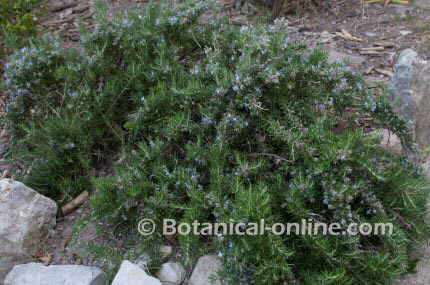
- Thyme (Thymus vulgaris) It helps digestion, prevents gastric and intestinal spasms and avoids gas formation and rooting retention in intestines. (Infusion of teaspoon of flower summits per cup of water. Take 3 cups a day after meals) (Maceration of a handful of flowers in a liter of white wine. Drink a little cup after a meal)
![]() More information about aerophagia and other digestive tract anomalies.
More information about aerophagia and other digestive tract anomalies.

